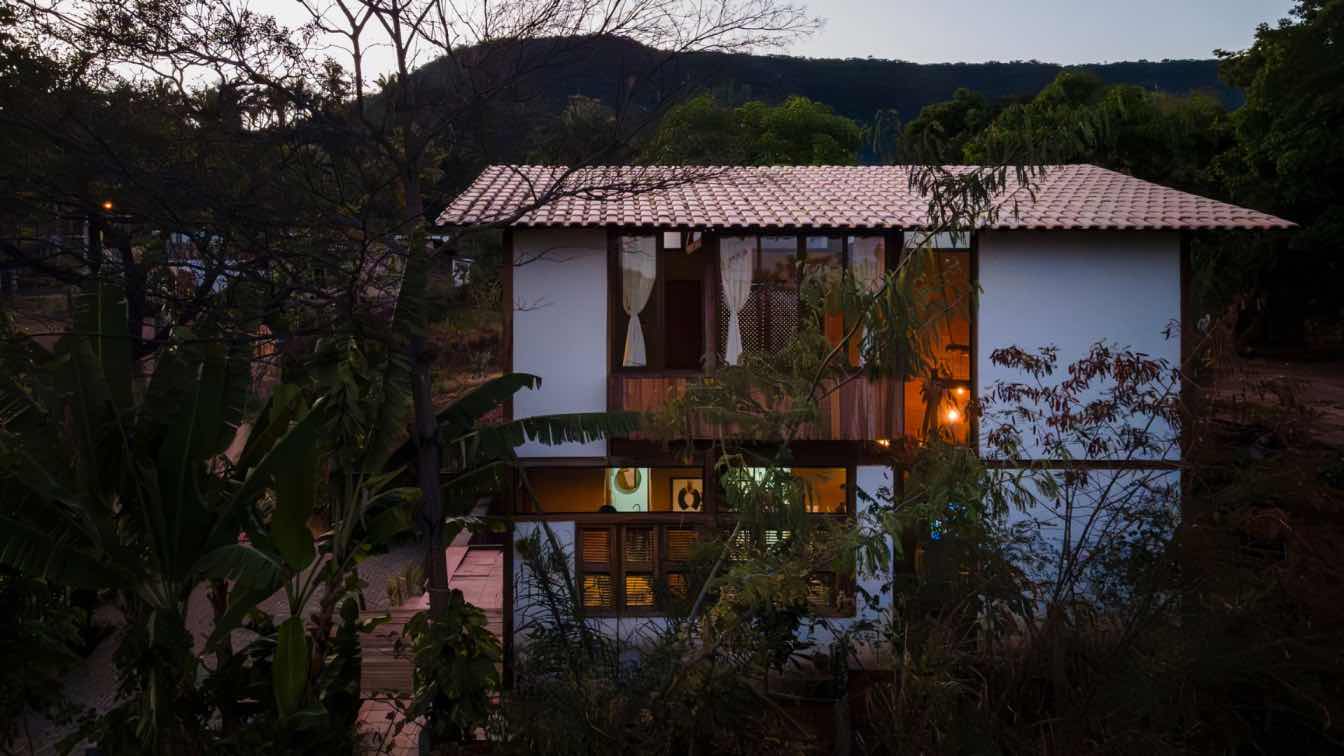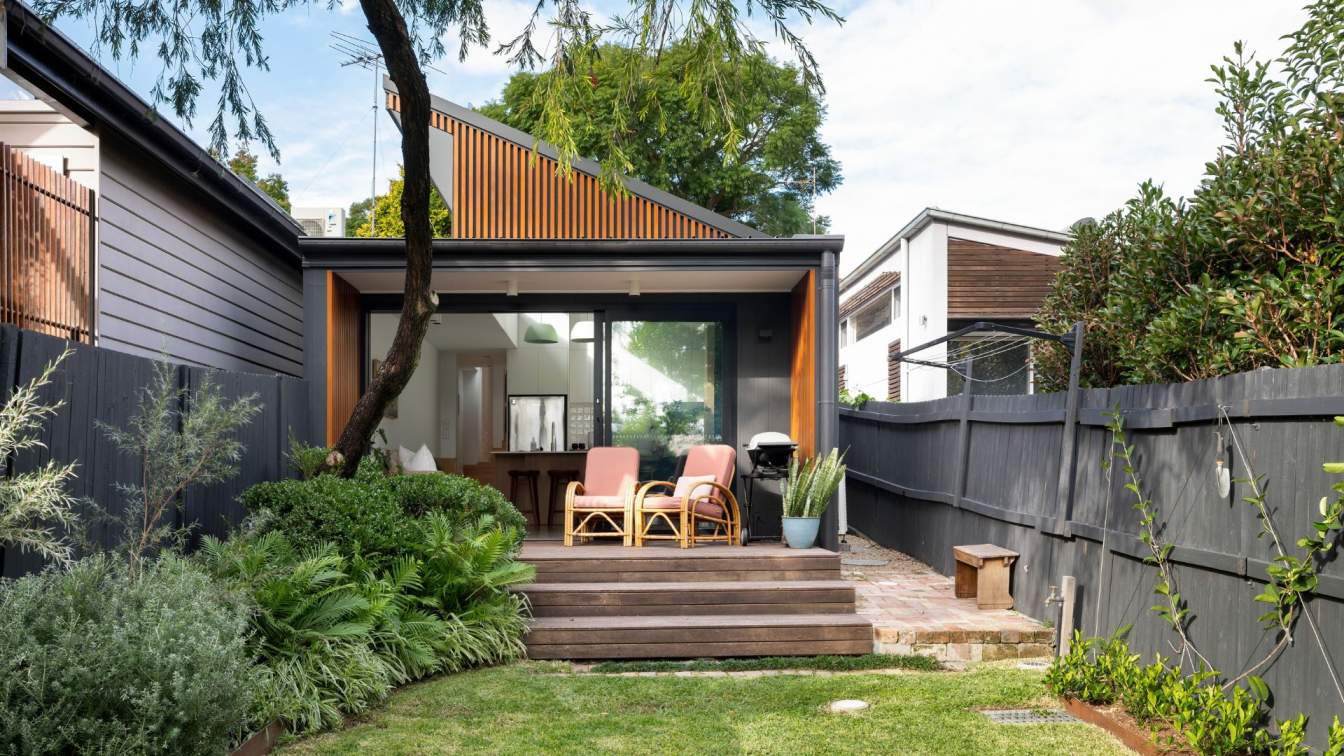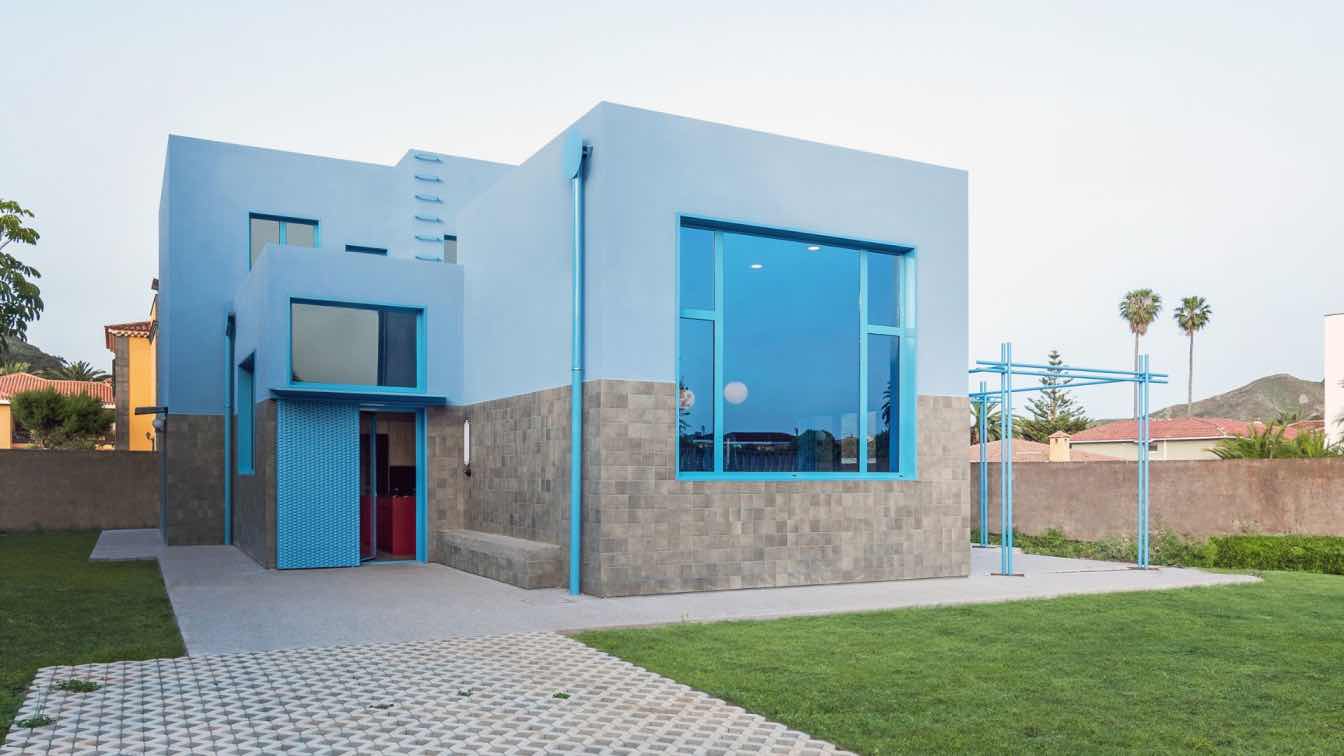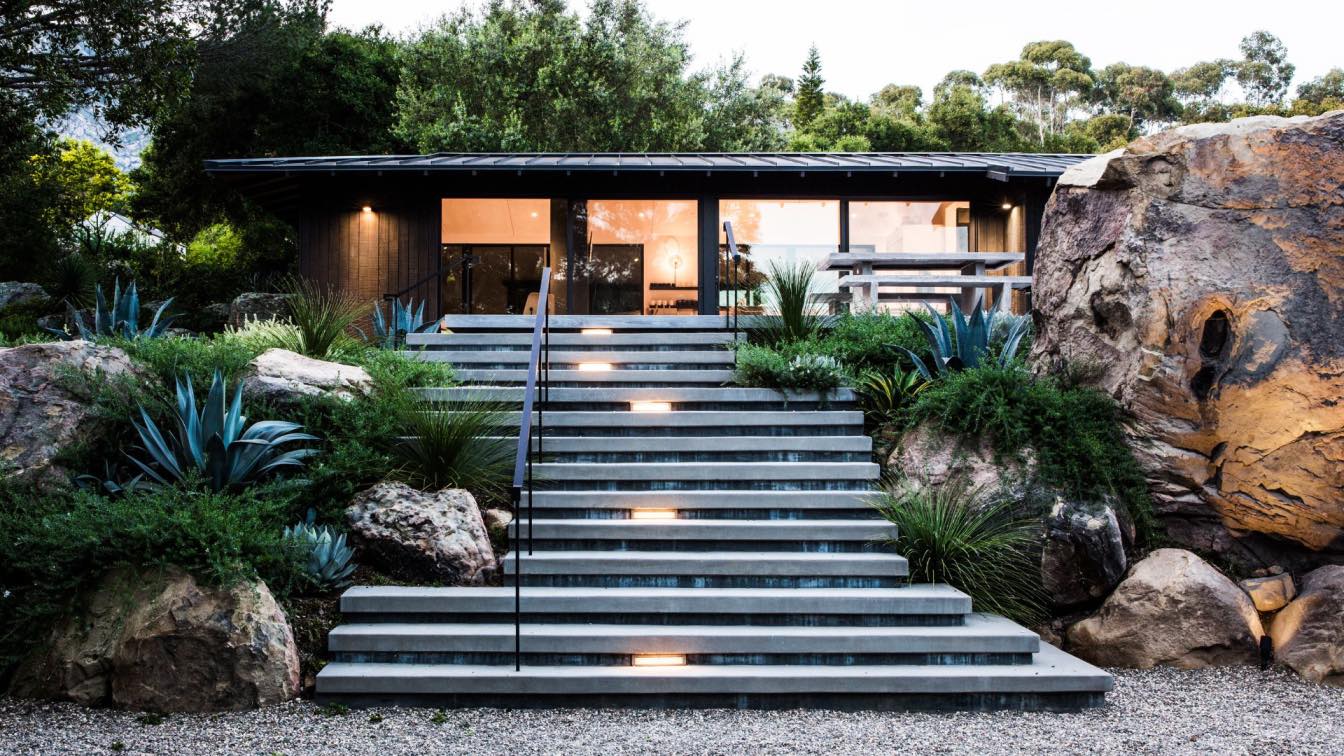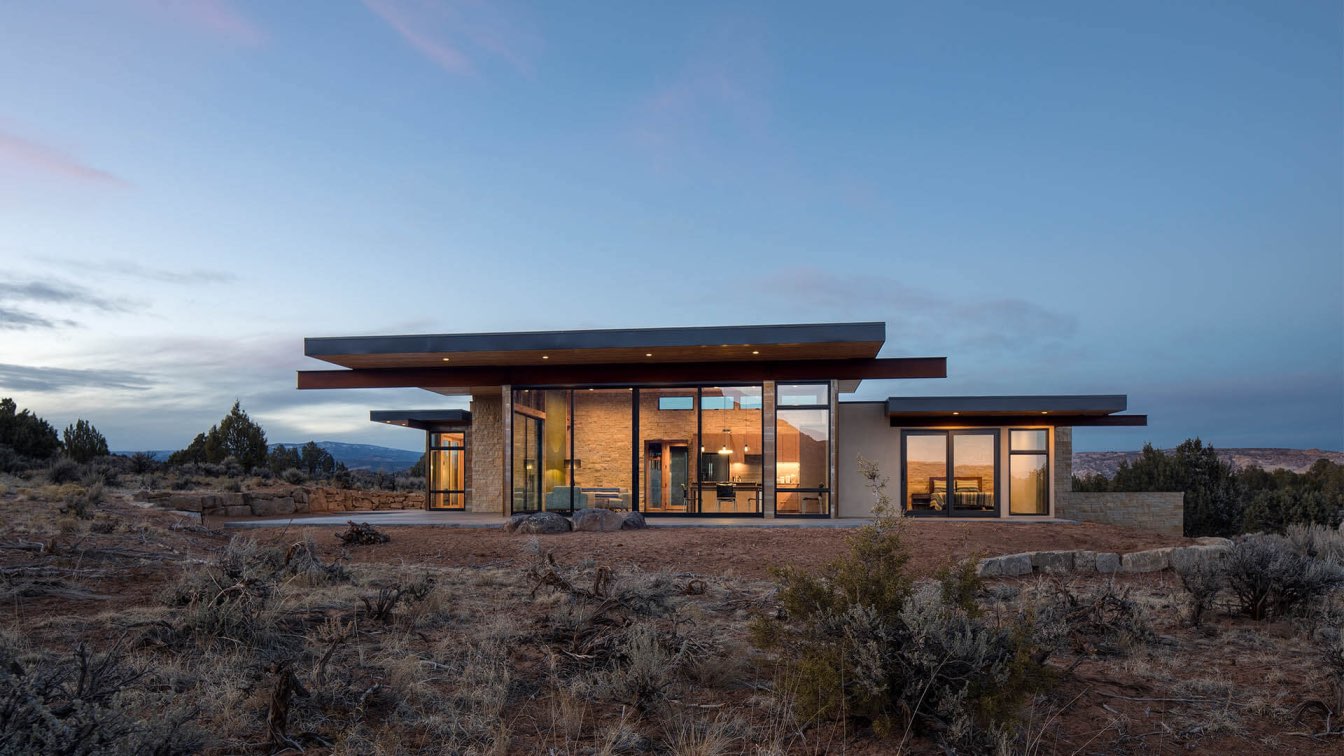AzulPitanga: Son of Iemanjá, Father of Saint, Son of Candomblé... it could be a story about religion of African origin, as well as the elements coming from terreiros (houses and community complexes) to give rise to a shelter. Refúgio do Sol / Sun Refuge, as the name suggests: a small cozy shelter that protects users from the scorching sun in the heart of the Brazilian hinterland.
The drums gave space for the body movements of piling and throwing the earth: the rammed earth and the wattle and daub, respectively. Stringed instruments gave way to sewing thread to fix the plastic mesh, the skeleton of the reinforced mortar that makes up the hydraulic block.
Refúgio do Sol / Sun Refuge emerges as an elegant country house designed to welcome a couple during the weekends. Starting in August 2020 and completed in September 2021, the residence, with 62.50 m² of built area, is located in Sítio Solzinho, in the rural area of Barbalha (CE), in the stunning Chapada do Araripe. The project embraces a fusion of construction techniques, such as rammed earth, hand rammed earth and reinforced mortar, aiming to establish an improved synergy between human presence (environmental comfort) and the surrounding natural elements (relief, sun, winds, weather, landscapes, waters and vegetation).
The central challenge was to preserve the stunning view of Chapada do Araripe to the west, while at the same time protecting the interior of the house from the solar intensity characteristic of the Cariri hinterland.

As a solution, it was decided to implement an imposing rammed earth wall, measuring 0.40m thick, 8.0m long and 4.8m high, in a north-south orientation. This structure aims to safeguard the internal space from the western solar incidence, taking advantage of its high thermal inertia.
From this rammed earth wall, the entire project developed. To the left, on the west side, stands the hydraulic block in reinforced mortar, housing the guest bathroom and service area on the ground floor, the suite bathroom and the balcony on the first floor, and above, the water tank. To the right of the rammed earth wall, on the east side, a light and simple structure appears with four pillars and four wooden beams, connecting to the rammed earth. The walls to the east were made with rammed earth, movable and fixed glass and windows found in antique shops.
To treat water from sinks and basins, a banana tree cycle and an evapotranspiration basin were adopted, incorporating sustainable practices.
The artisanal construction process provided a unique experience, transforming each stage into an experimental site. This approach allowed everyone involved in the work and passersby to experience an enriching process, full of learning and knowledge exchange.







































